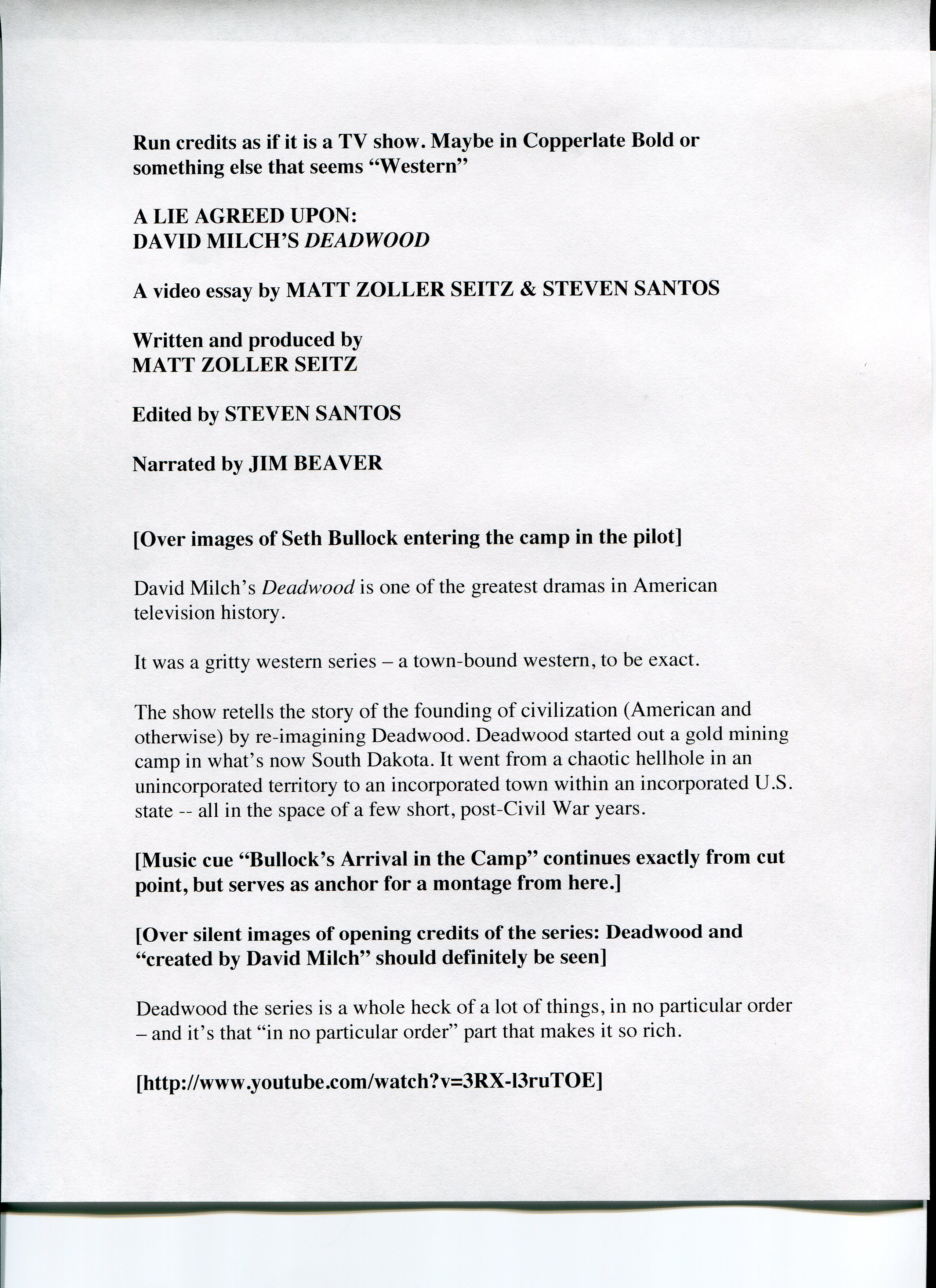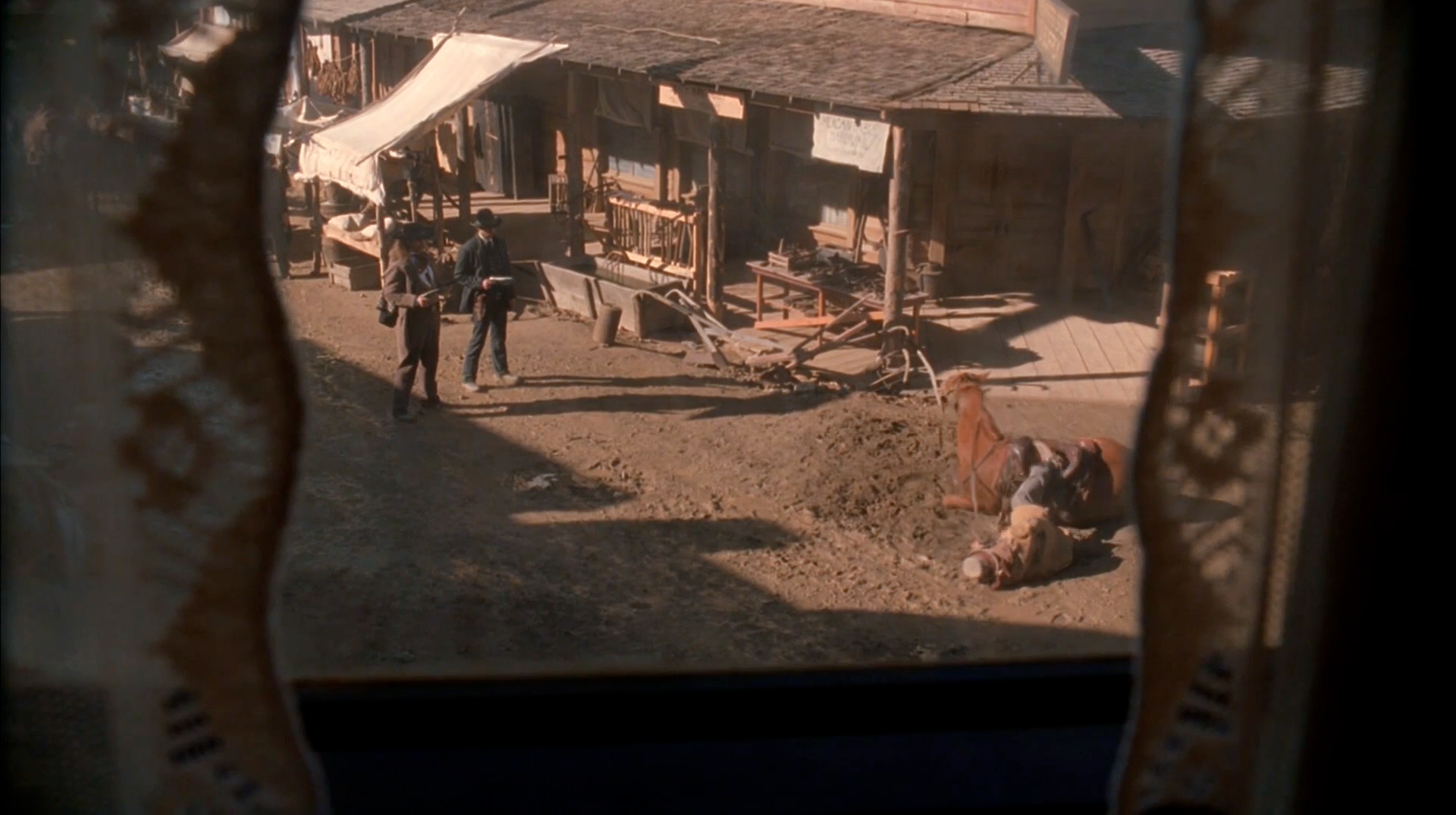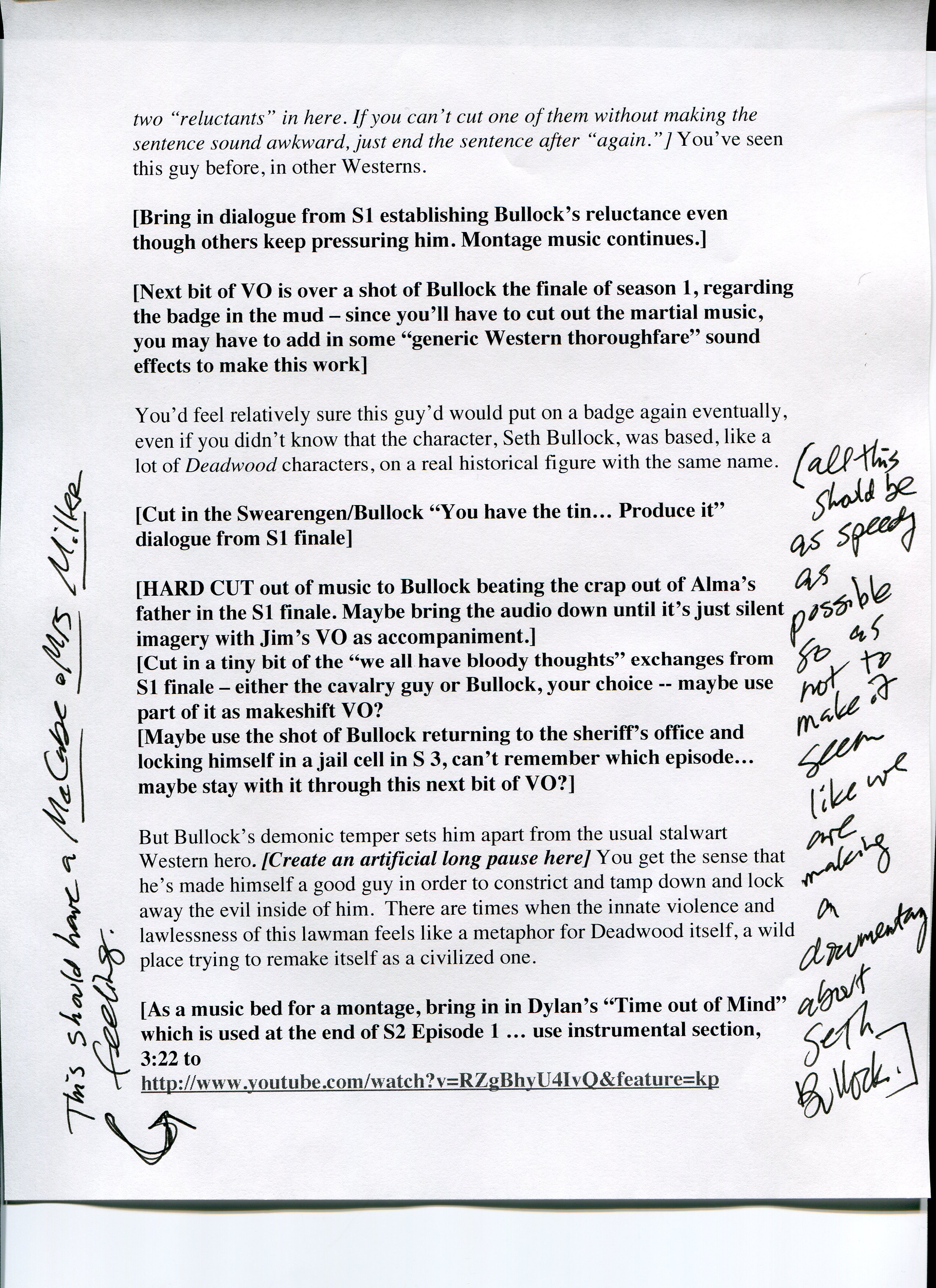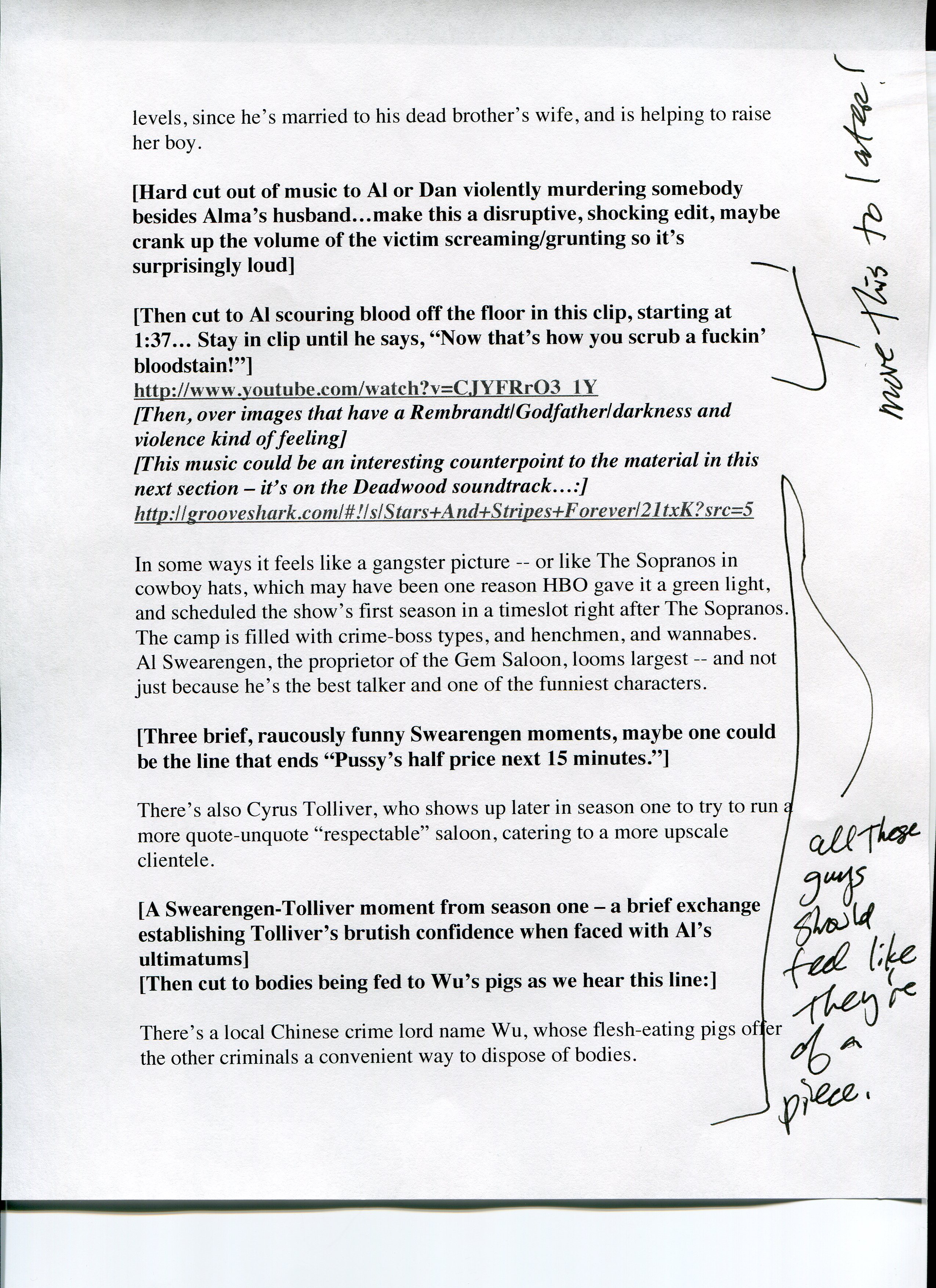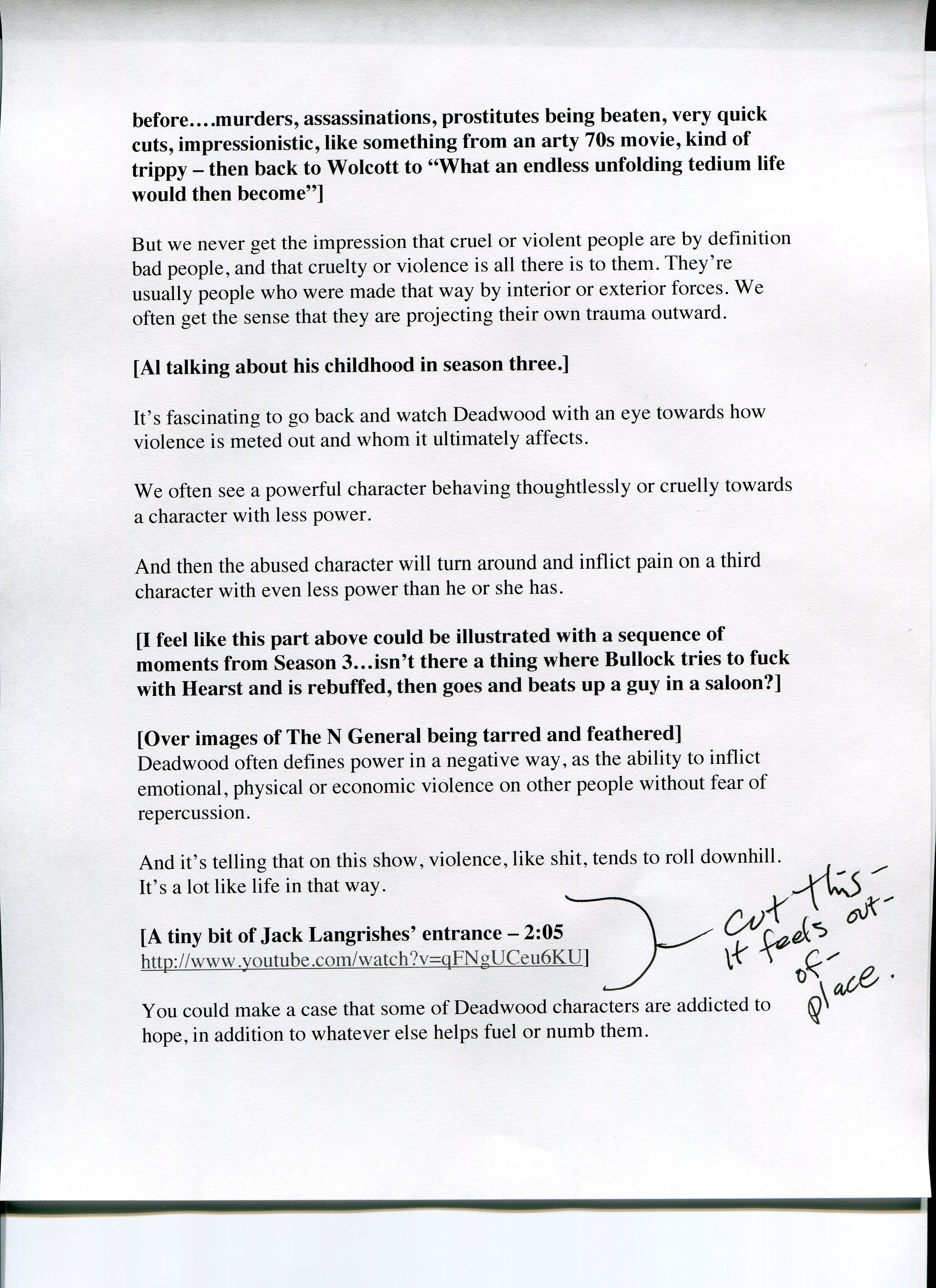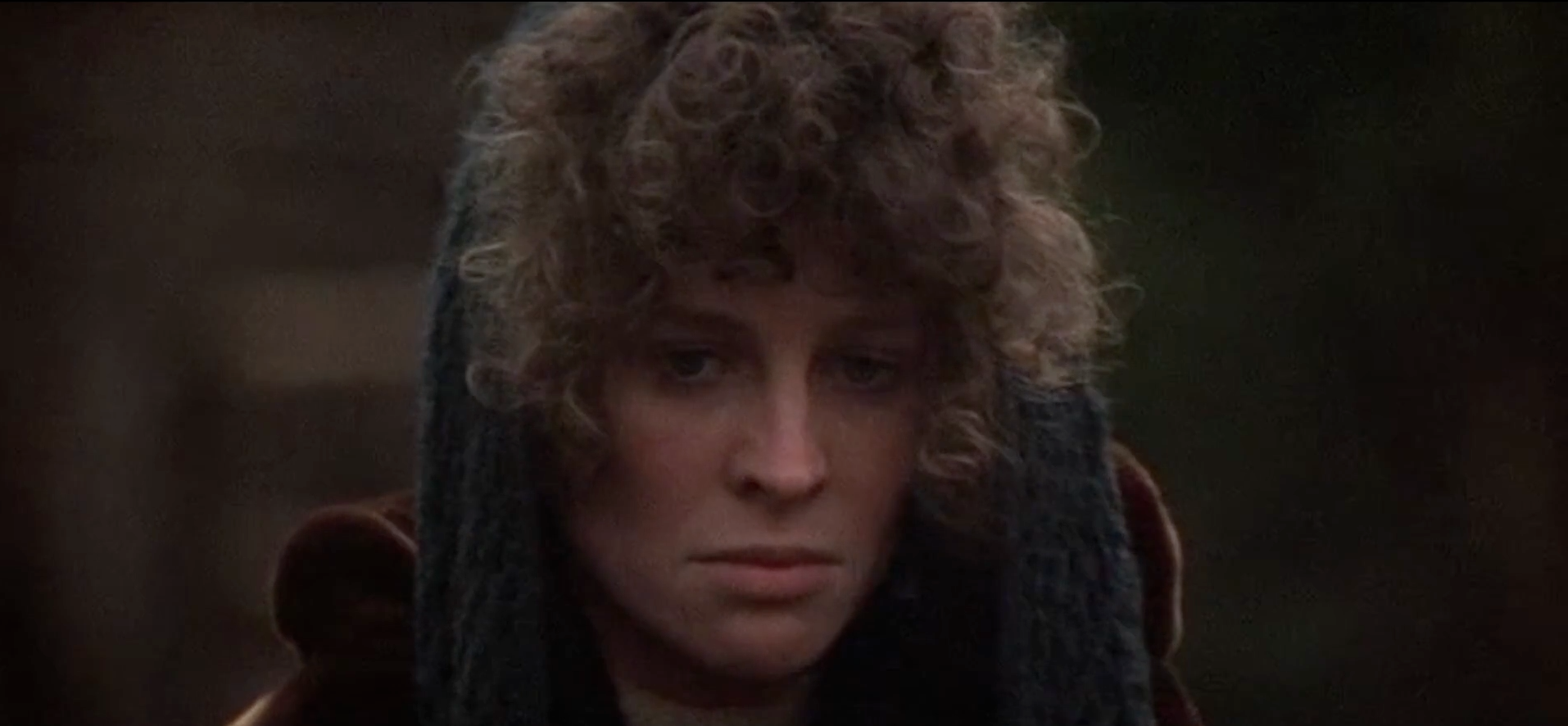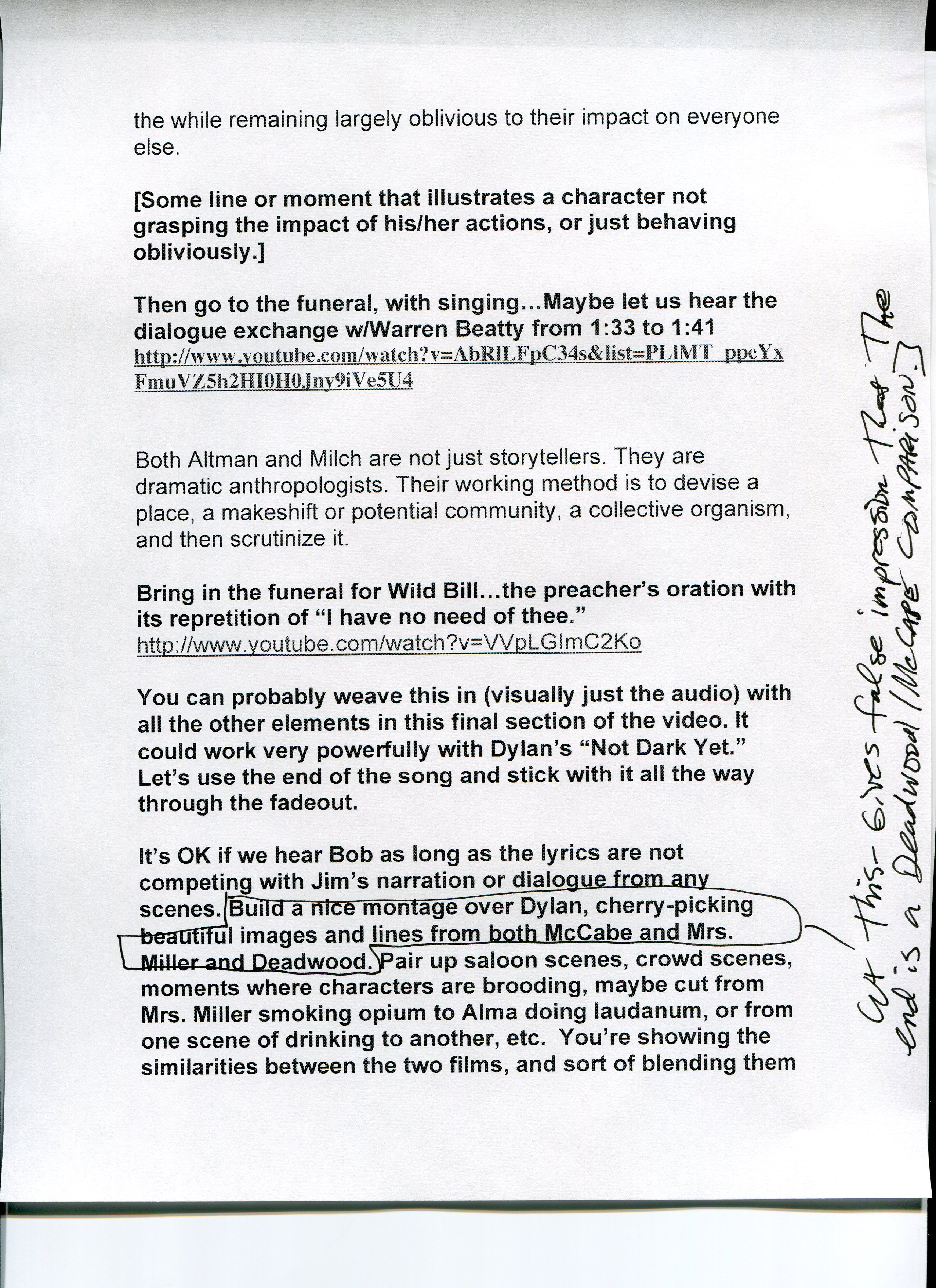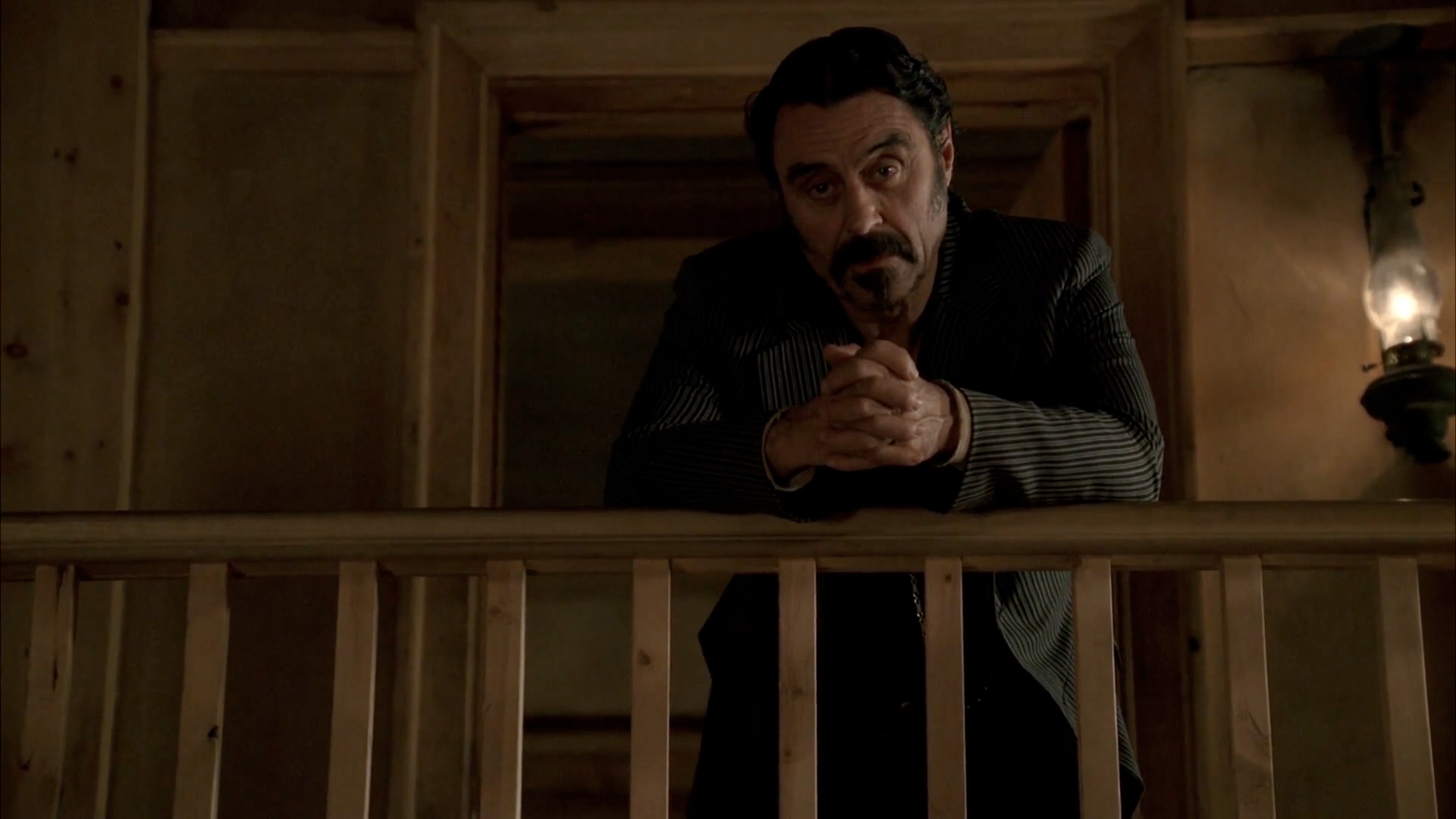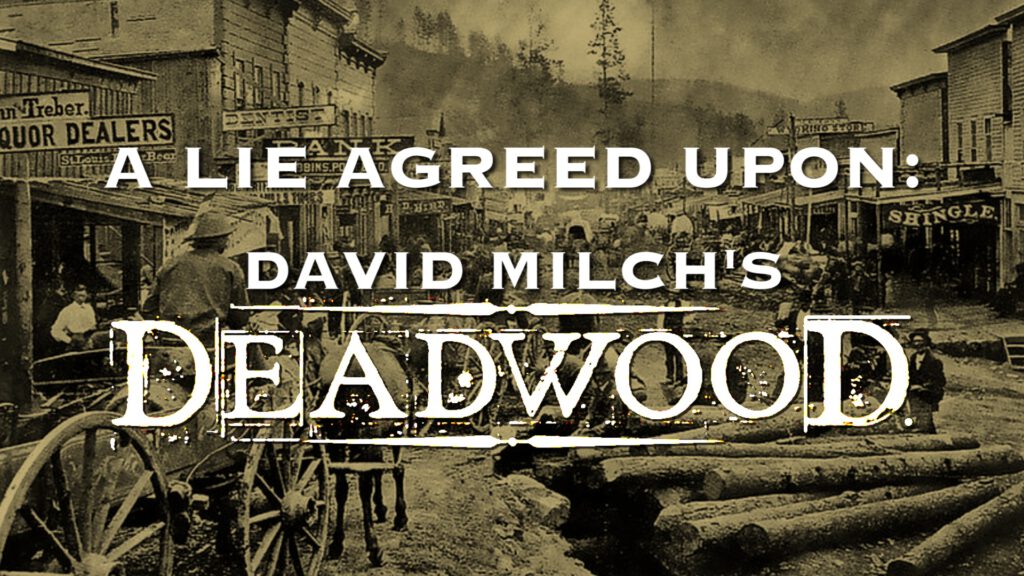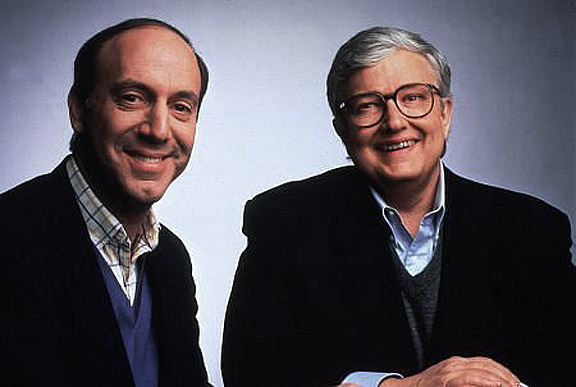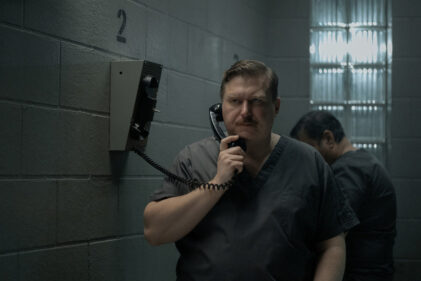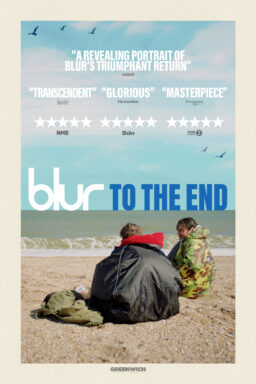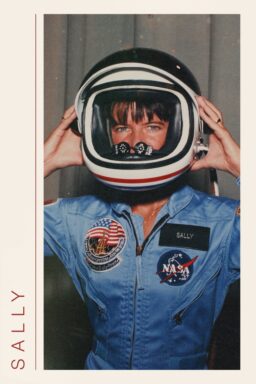It seems hard to believe that David Milch’s HBO Western “Deadwood” premiered ten years ago this month. Even though the show was cancelled in 2006 after just three seasons, it lingers at the forefront of fans’ minds. Any devotee of Milch’s drama will tell you that once you’ve responded to its magic, it’ll sink roots into your imagination and flower there.
If you’re read my work here, at New York Magazine (where I’m the TV critic) or in other venues, you know I never miss an opportunity to work “Deadwood” into the conversation, as a legitimate point of comparison with other shows or films or because I just love talking about it. For a while now I’d been thinking of commemorating the 10th anniversary with a set of video essays that stitched together bits from my “Deadwood” writing at New York, Salon, my original blog The House Next Door, and The Star-Ledger, where I shared the TV critic beat with my friend Alan Sepinwall (now the TV critic of HitFix) from 1997 to 2006.
But the end product, embedded below, is different: a stand-alone, nearly half-hour-long piece, co-produced with HitFix, that looks at the show’s style and major themes, as well as its roots in different genres, including the Western and the gangster picture. The title comes from the two-part episode that opened season two of “Deadwood”—a slight rewording of a Napoleon quote: “History is a set of lies agreed upon.”
Steven Santos, who recently cut a series of seven Wes Anderson video essays for me, did the editing. My friend Jim Beaver, the RogerEbert.com contributor and film historian who played Ellsworth on “Deadwood,” narrated with the laid-back, unsentimental emotion that has become one of his trademarks.
Beneath the video are scans of the editing script I gave Steven as a guide. The pages include handwritten notes to myself about possible changes, some of which were implemented. I published my annotated editing script in my blog post about the “Royal Tenenbaums” video essay as well, and some readers found it illuminating; by comparing the “Deadwood” script, my margin notes, and the finished video (with Jim’s voice adding emotional colorations that weren’t there on the page) you may get a sense of how the piece evolved.
A final note: this documentary has been optimized for viewing on big TVs with good sound systems. So if you have the opportunity to watch it that way, by all means give it a whirl.
A LIE AGREED UPON: DAVID MILCH’S DEADWOOD from RogerEbert.com on Vimeo.
